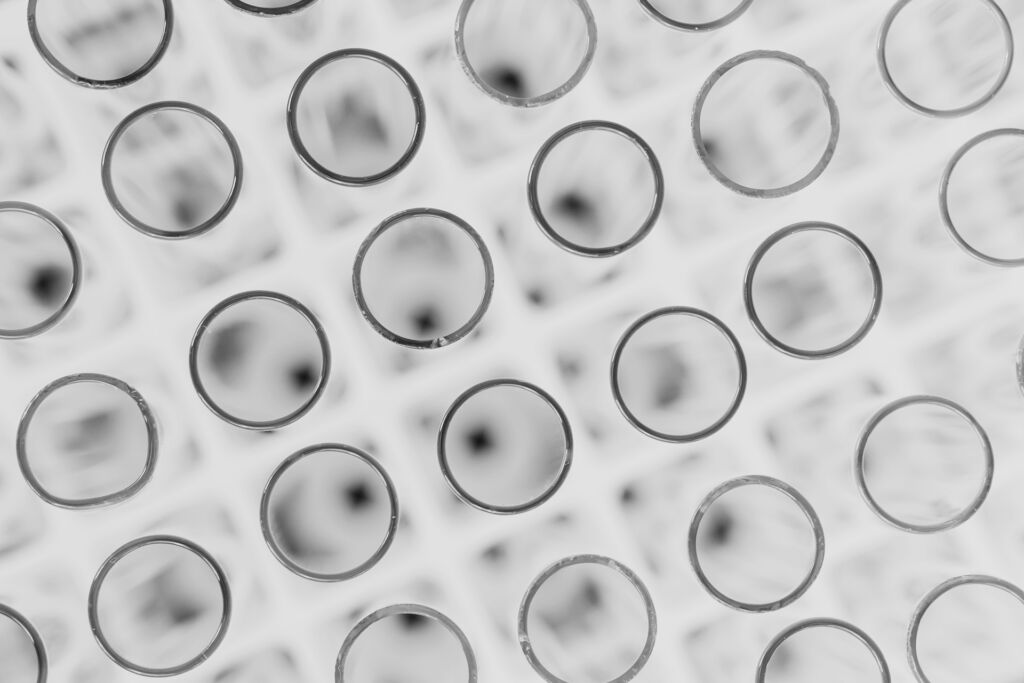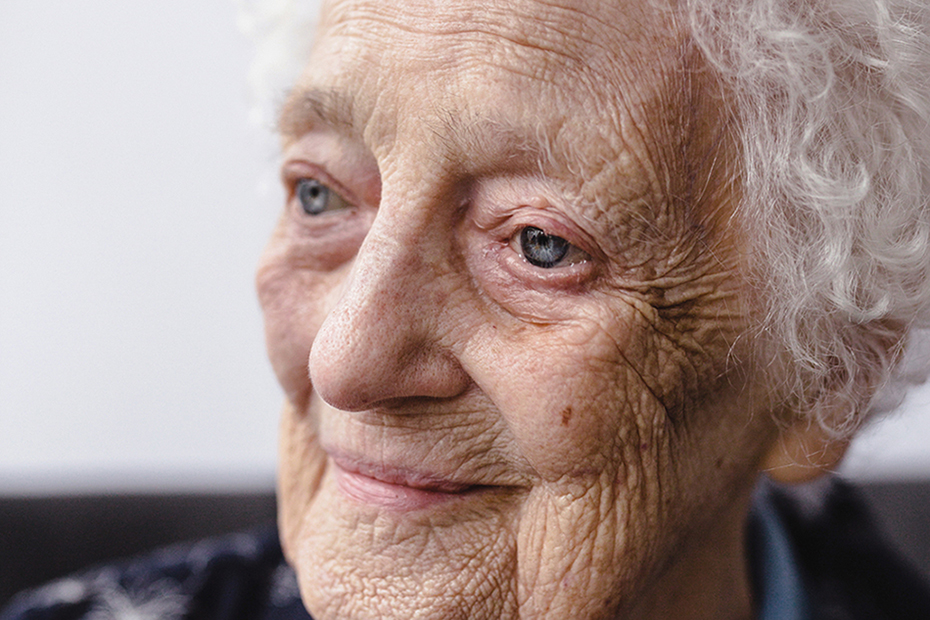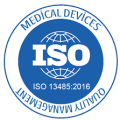Knowledge gives you a head start:
Find out now whether there is a risk of dementia in the future.
We work together so you can avail yourself of the betaSENSE method to determine your personal risk of disease.
This is how the procedure works.
From blood drop to risk assessment.
Early diagnosis increases quality of life.
The patented betaSENSE method provides science and pharmaceutics with a new basis for developing therapeutic approaches for neurodegenerative diseases. With the betaSENSE test, in the future there may also be screenings for people aged 65 and over, helping to make early diagnoses and take appropriate measures.
Adjusting the lifestyle slows the progression of the disease.
Studies show that a balanced diet, regular exercise, cognitive challenges, stress reduction and abstention from alcohol and recreative drugs can significantly slow down the progression of neurodegenerative diseases. Early diagnosis therefore helps affected individuals to adapt their lifestyle accordingly in order to influence the later progression of the disease.
Starting drug therapy in time.
Neurodegenerative diseases irreparably damage the brain as they progress. Pharmaceutical companies are therefore working on the development of drugs to influence the progression of the disease. For these to be effective, timely diagnosis is needed – before irreparable damage to the brain has occurred. The betaSENSE test method paves the way for successful pharmacological treatment of many dementia patients as well as people affected by other neurodegenerative diseases.

Looking into one’s own future.
Well explained and clearly communicated: The betaSENSE method as seen by journalists – in the ZDF
show “Leschs Kosmos” and the 3sat show “nano” (both in German):
Threat to the control centre of our body:
Neurodegenerative diseases.
Whether Alzheimer’s, Parkinson’s or ALS – in each case from the very beginning
on an endogenous protein is produced at elevated rates, which protein changes due to the accumulation and is deposited in the form of plaques in the brain over the course of the disease. The betaSENSE method extracts this protein from body fluids and identifies alterations.
Alzheimer’s disease.

More than memory loss.
For many people, dementia diseases such as Alzheimer’s represent a very grim scenario: For many, the loss of memory and cognitive ability also means loss of their own personality – and even of independence in life. The patients’ families also suffer greatly from this. The care of patients with Alzheimer’s is not only time-consuming, but above all means a great psychological burden.Age as a risk factor for Alzheimer’s disease.
Globally, Alzheimer’s disease is the most common form of dementia. Here, genetic predisposition is less decisive than age is: Among 80- to 84-year-olds, one in seven already suffers from Alzheimer’s, and among those over 90, even one in three suffers from this neurodegenerative disease. Women are more strongly affected statistically only because they have a higher life expectancy than men have.

Diagnosis almost always comes too late.
In most cases, the diagnosis of Alzheimer’s is made only when it is too late for prevention and effective therapies, and symptoms such as forgetfulness, word-finding disorders or orientation problems already appear. Often friends and family are the first to notice changes in the patient. The more advanced the degeneration of the brain, the more difficult it is to mitigate the course of the disease.Parkinson’s disease.
A multifaceted condition.
Parkinson’s is the most common neurodegenerative disease second to Alzheimer’s. It results from a slowly progressive loss of nerve cells in the brain and presents with a variety of syndromes. Parkinson’s disease has a massive impact on the daily lives of affected persons and their family members. Typical symptoms such as dysfunction of the musculoskeletal system, uncontrolled shaking of extremities or rigidity reduce the sufferers’ quality of life.
Demographic change driving case numbers.
The ongoing ageing of the population is causing a rapid increase in the number of cases worldwide, from 2.5 million in 1990 to more than 8.5 million in 2019. About 75 % of Parkinson’s syndromes are idiopathic, i.e. without a clearly identifiable cause. In only about 10–20 % of cases is a genetic background the trigger of the disease. Basically, men are affected slightly more often than women.

Clear diagnosis and differentiation are important.
The first changes underlying Parkinson’s are suspected to occur as early as about 17 years before clinical diagnosis. Currently, people living with Parkinson’s can be treated only symptomatically. However, the similarity of symptoms among the individual Parkinson’s syndromes makes this extremely difficult. Hence it is important to distinguish between the different Parkinson’s syndromes using precise biomarker tests. We are working on such a test at betaSENSE. Only in this way is targeted therapy possible.
Amyotrophic lateral sclerosis (ALS).
Rare disease with serious consequences.
Every year, approximately two out of every 100,000 people develop amyotrophic lateral sclerosis, mostly between the ages of 50 and 70. Men are affected more often than women are. Compared to other neurodegenerative diseases, amyotrophic lateral sclerosis is rare. Nevertheless, precise diagnosis is important for proper treatment, as ALS may lead to death within a few years.

Making the correct diagnosis.
The causes of the condition are still largely unknown. One of the biggest risk factors is age. ALS leads to degeneration of nerve cells that are responsible for controlling individual muscle groups. Differentiating ALS from diseases with similar concomitant symptoms is a major challenge.
Precise laboratory tests are crucial.
A mean survival time of about four years after onset of the disease makes it clear that only precise and rapid diagnosis can help affected individuals to counteract amyotrophic lateral sclerosis in time. Meaningful laboratory tests provide important support in the fight against the disease.
You want to get tested?
Currently, the betaSENSE test is awaiting marketing authorisation. If you are interested, you can already put your name on our non-binding “Pre-Registration List”. We will inform you as soon as the test is authorised.
-
We want to make a dignified life possible – for any person any time, also in old age.
-
We want to provide certainty – so that affected persons can take targeted preventive action.
-
We are changing the face of Alzheimer’s – relieving sufferers, families and systems.
-
We create the basis for innovations in protein diagnostics – so that research and development of new drugs progress.


